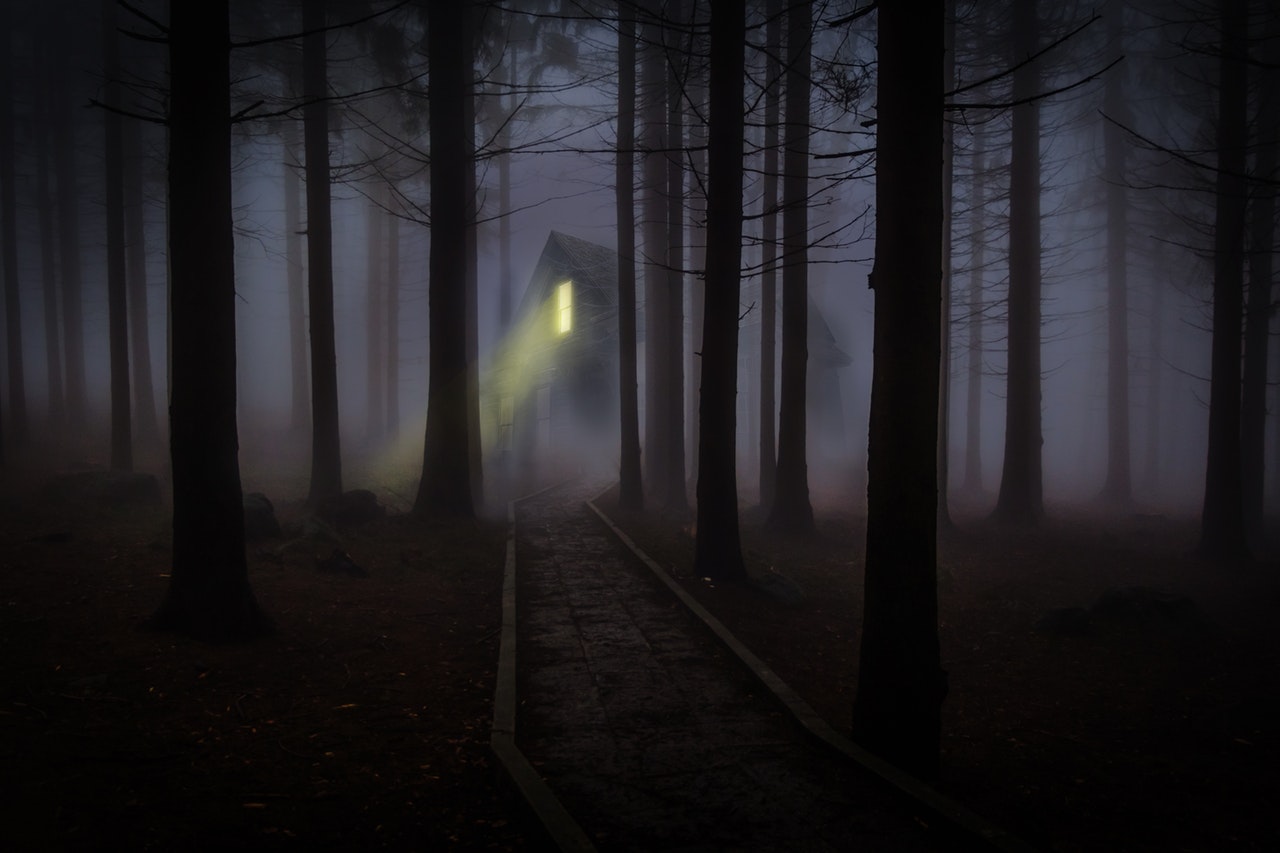So, you’re thinking about buying that old Victorian mansion that sits high up on the hill past the squeaky gate? If the howling wind, cawing raven, and banging shutters don’t make you think twice, you should at least educate yourself on exactly what the seller is required to disclose to you about the house.
You would expect the seller of a home to tell you about water in the basement or black mold in the attic, but what about a violent death or paranormal activity? These types of issues are referred to as “psychological damages” or a “stigmatized property”.
The general rule governing most sales contracts is “Caveat Empetor” – or “Buyer Beware.” In other words, if you purchase something and later are surprised to find out that you didn’t get what you were expecting, then you’re at fault for not doing your homework.
In the case of real estate transactions, this concept is modified by laws which require certain disclosures and practice of the real estate industry.
Every state has a different set of laws governing what must be disclosed by the seller of a piece of property. Here’s what home buyers in Missouri need to know:
- In Missouri, Mo. Rev. Statute § 442.606 requires the disclosure of whether the home was used as a meth lab or if any residents were convicted of various drug crimes or endangering the welfare of a child. A seller is not obligated to disclose anything beyond these very specific requirements. However, it is customary for realtors to provide buyers with a seller’s disclosure sheet that lists any defects or problems of which the seller is aware.
- Missouri statute § 442.600 deals with the sale of “psychologically impacted real estate” and protects sellers from lawsuits for failing to disclose that the property was the site of a homicide, felony, or suicide.
Only a few states have laws that actually address the seller’s duty to disclose such activity. In California, there’s a law that requires you to disclose any deaths on the property in the last three years.
Massachusetts law looks similar to the Missouri law, but goes one step further and specifically exempts from disclosure that the property has been the site of parapsychological or supernatural phenomenon.
Bottom line in Missouri: a seller must disclose if Walter White set up his lab in the basement, but you don’t need to mention the fanged clown that appears at the foot of the bed every night tickling your toes.
All of the laws discussed deal with a seller’s duty to disclose information up front to a prospective buyer. If a buyer were to specifically ask a seller or their realtor whether they are aware of any homicides or paranormal activity, a different set of rules kicks in.
The real estate industry has a set of ethical standards that require candor and truthfulness to which all of its licensed realtors are expected to abide. If a buyer can show that the seller or their agent lied or misrepresented the truth about a specific issue they asked about, then they would be able to make a claim for fraudulent misrepresentation.
Gonzalo Fernandez is a personal injury attorney based in St. Louis. He regularly uses his legal expertise to offer insight on events impacting Missourians. Recent media appearances include the St. Louis Post-Dispatch, CBS St. Louis, Fox 2, and KPLR 11. To speak to Gonzalo, call (314) 433-9131 or email gonz@stltriallawyers.com.





